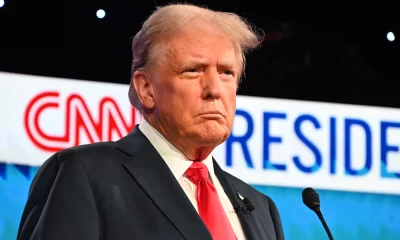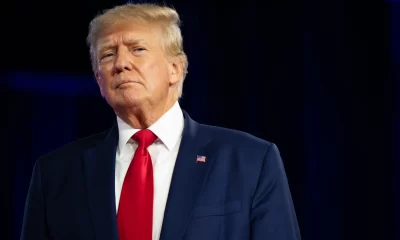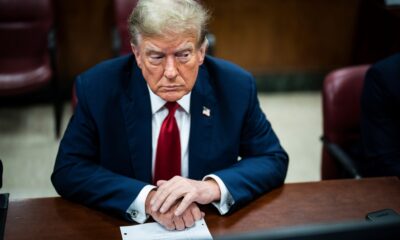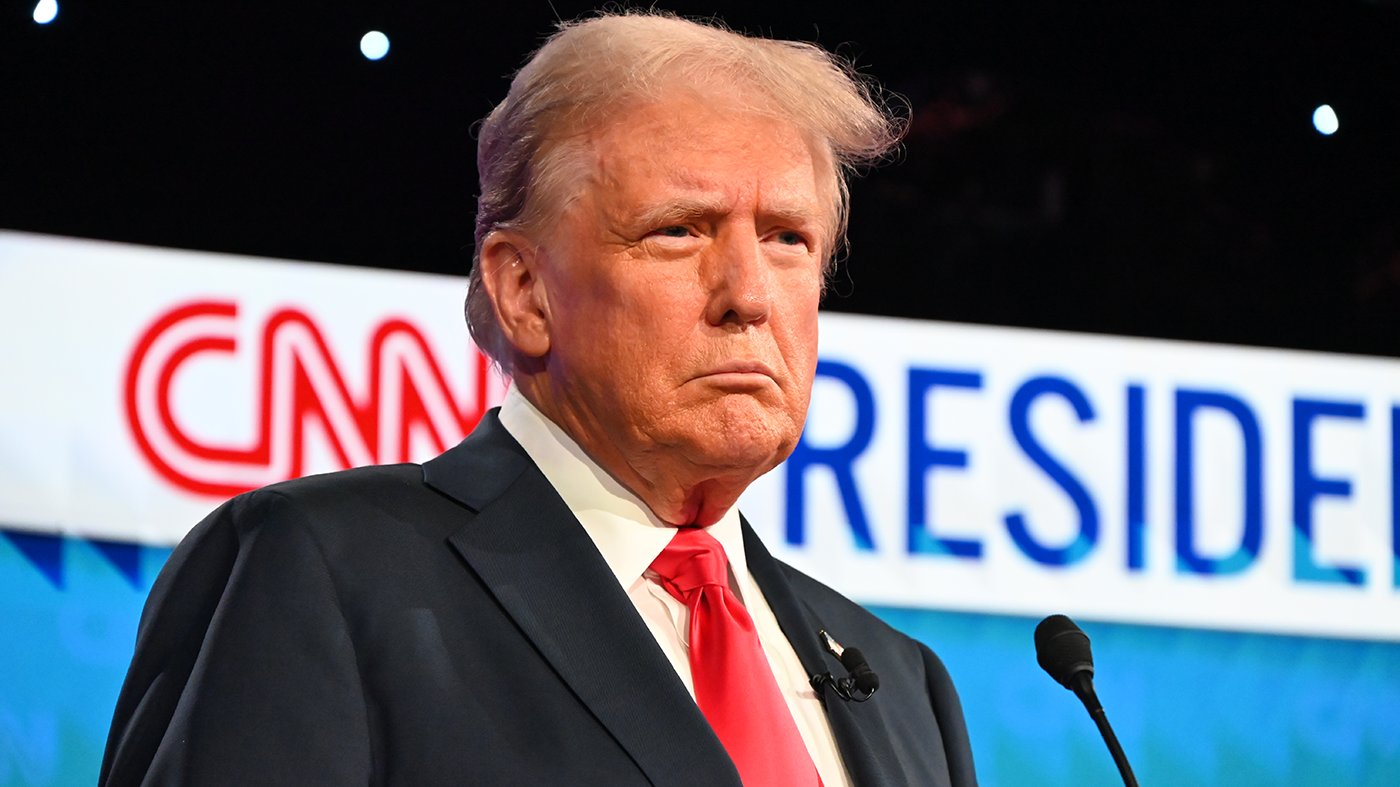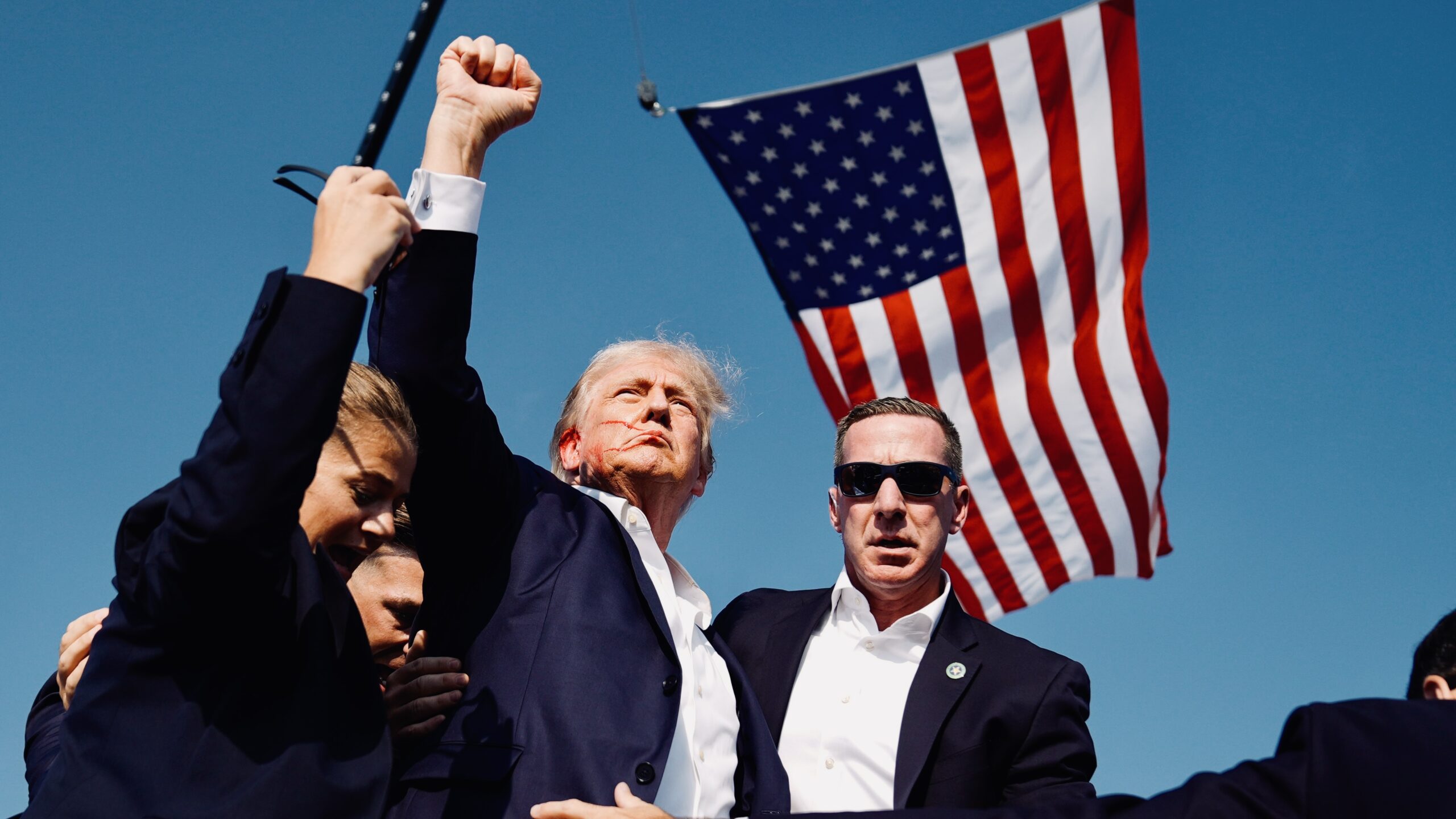Politics
The Aftermath of Biden’s Exit: Uncertainty and Speculation in the Political Arena
President Biden’s decision to withdraw from the 2024 presidential race has reshaped the political landscape, leading both parties to reconsider their strategies. Vice President Kamala Harris is a leading contender to potentially become the first Black woman to be a major party’s presidential nominee.
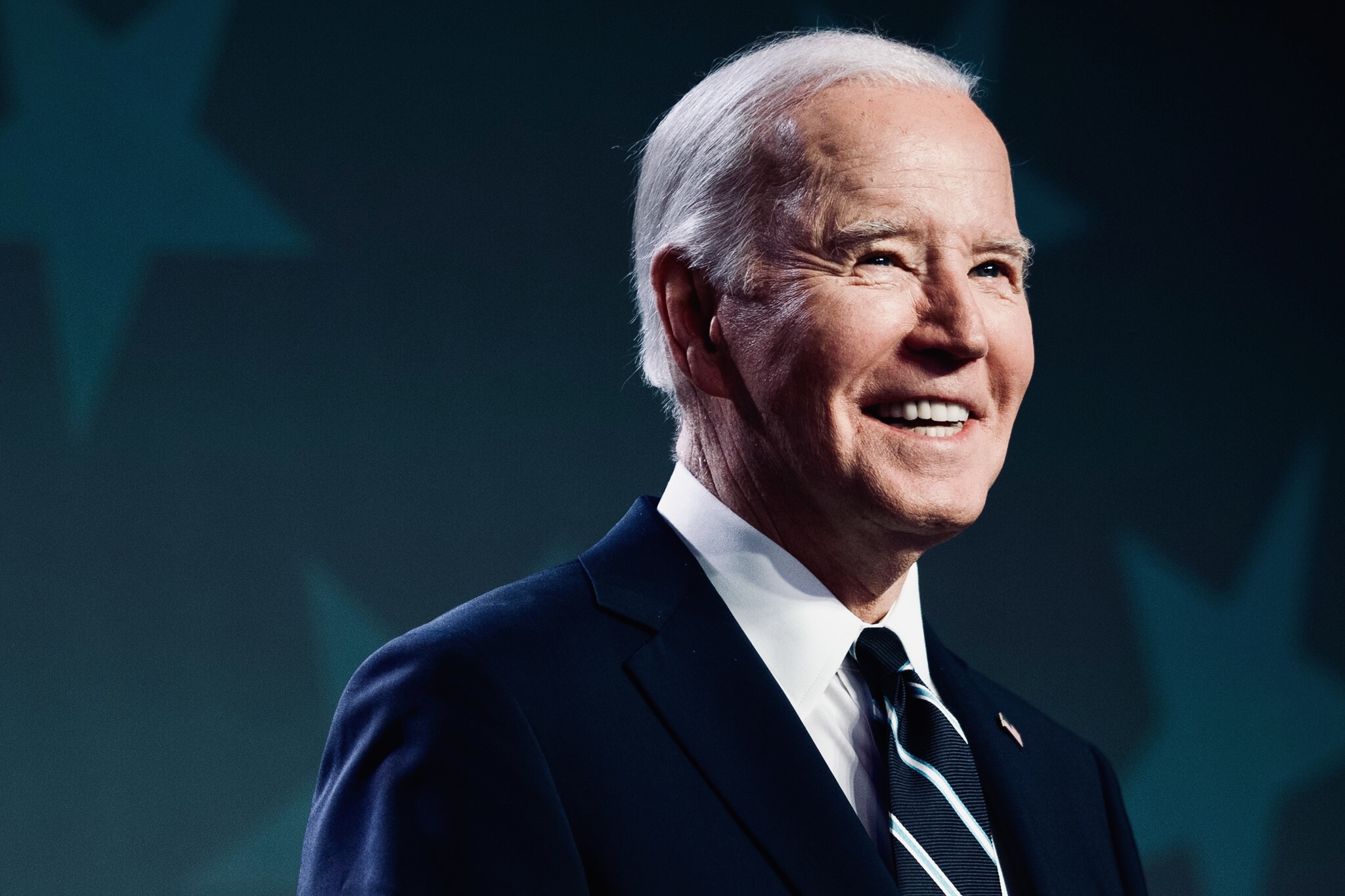
Featured
Shots Fired Near Trump at Florida Golf Course; Former President Unharmed
The U.S. Secret Service has been mobilized in response to a shooting incident occurring close to former President Donald Trump while he was present at his West Palm Beach, Florida, golf course on Sunday afternoon, as confirmed by a spokesman for the agency.
Politics
Attempted Assassination of Former President Donald Trump Shocks Nation
Former President Donald Trump narrowly escaped an attempt on his life during a rally in Pennsylvania on Saturday. An assailant, later identified as Thomas Matthew Crooks, opened fire on Trump from an elevated position, causing chaos and panic among the crowd. Despite being hit in the ear, Trump was swiftly shielded by Secret Service agents and safely evacuated. The incident, the most serious on a president or presidential candidate since the 1981 attack on Ronald Reagan, has reignited concerns about political violence in a deeply divided United States and underscored the need for enhanced security measures for public figures.
Politics
Israeli Military Implements ‘Tactical Pause’ Along Gaza Aid Corridor for Eid al-Adha Relief
As Muslim families in Gaza marked the start of Eid al-Adha amidst conflict devastation, the Israeli military announced a daily 11-hour ‘tactical pause’ along an aid corridor from Kerem Shalom Crossing to Salah al-Din Road to ensure safe humanitarian assistance delivery. However, this pause does not extend to all areas in Gaza, leading to government criticism. Amid reports of food and water scarcity and fears of famine, aid agencies stressed the urgent need for provisions and raised concerns over the worsening humanitarian crisis, particularly in the summer heat. While Hamas responded to cease-fire talks, including U.S.-backed proposals, challenges in aid delivery persist as military activities continue in the region.
-

 Entertainment3 months ago
Entertainment3 months agoJustin Timberlake’s Wild Ride in Sag Harbor!
-

 Sports3 months ago
Sports3 months agoThe Magic Ingredient America Needs: Lessons from Tom Brady
-

 Fashion7 years ago
Fashion7 years agoAccording to Dior Couture, this taboo fashion accessory is back
-

 Entertainment7 years ago
Entertainment7 years agoNew Season 8 Walking Dead trailer flashes forward in time
-
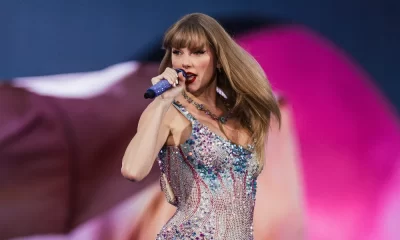
 Entertainment7 years ago
Entertainment7 years ago‘Better Call Saul’ has been renewed for a fourth season
-

 Politics3 months ago
Politics3 months agoIsraeli Military Implements ‘Tactical Pause’ Along Gaza Aid Corridor for Eid al-Adha Relief
-

 Entertainment7 years ago
Entertainment7 years agoMeet Superman’s grandfather in new trailer for Krypton
-

 Fashion7 years ago
Fashion7 years agoThese ’90s Fashion Trends Are Making A Comeback In 2024

